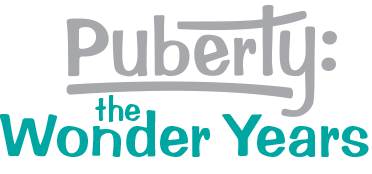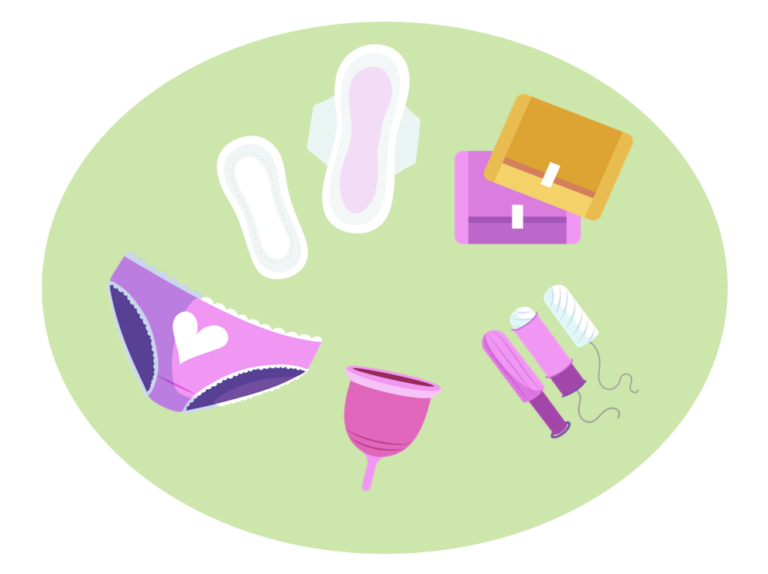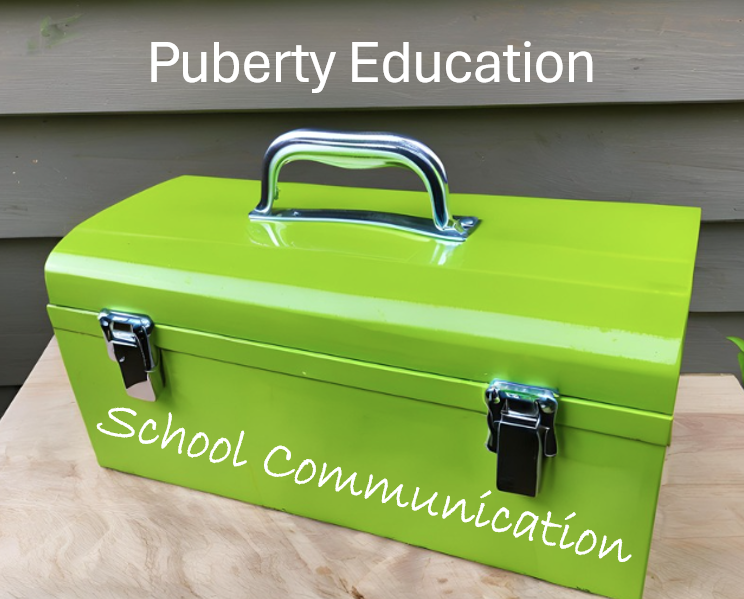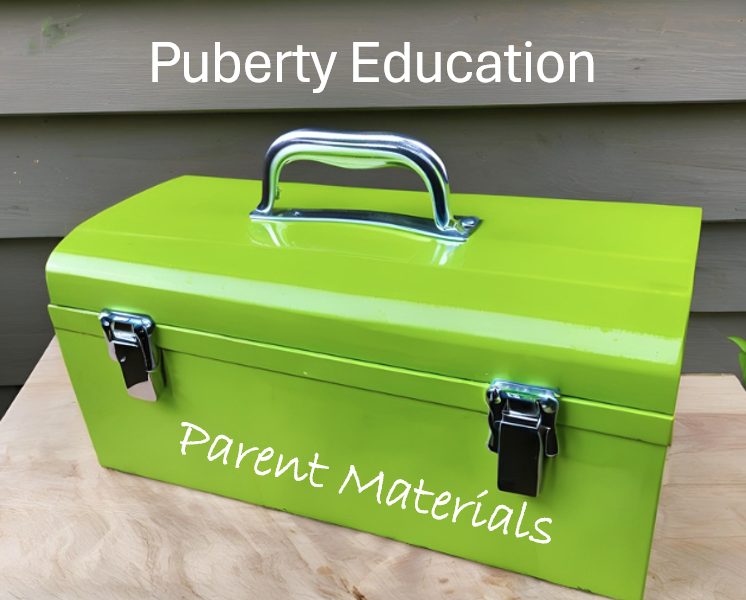Sexual Messages
Elementary children are exposed to countless sexual messages every day, no matter how much adults try to shield them. Television, radio, billboards, internet, video games, clothing styles and slogans, overheard adult conversations: children are awash in the sea of our sexualized culture. As a result, many children are hyper-sexualized.
Sexual Assault
Among the messages that children receive are some that imply that sexual violence is okay, even desirable. These messages can come from many places, and from popular sources. Here are two examples:
- Look at the slogan on this Bud Light can: “The Perfect Beer for Removing “No” From Your Vocabulary for the Night.” This clearly sends the message that the person who drinks this beer will be rendered incapable of refusing anything, even if it is not good for them.
- How about this Bloomingdale’s ad in their 2015 holiday catalog? It says, “Spike your best friend’s eggnog when they’re not looking.” Really? What kind of friend slips you a drug without your knowledge? And what happens next? Well, possibly drug-facilitated rape; it is one of the most commonly reported sexual-assault crimes.
What Adults Can Do to Help
Since April is Sexual Assault Awareness Month, let’s talk about how we can protect our children. Here are a few things that caring adults can do:
- We can teach our children, from a young age, to say “no” using a strong voice and power stance. We can help them practice saying “no” to things that make them uncomfortable, even if it involves hurting someone’s feelings. For example, if a child doesn’t want to give their Aunt Maude a hug, accept their right to do so. Perhaps a handshake or a high five is a better way for your child to say hello or good-bye. If we teach children that they get to decide when and how their bodies are touched, we are protecting them from sexual assault. Check out these tips.
- We can teach our children that alcohol is for adults, not children. We can explain that alcohol disrupts the decision-making part of the brain, and that can lead to trouble. We can teach them never to drink anything if they’re not sure where it came from and that nothing has been added to it. Alcohol and “date rape” drugs are connected to about half of sexual assault situations. Use the new “Talk. They Hear You.” app for help.
- We can monitor their friends and activities. Children who form friendships with peers who do not drink or have sex are less likely to do those things themselves. Children who hang out with their peers without an adult present are in a situation where problems can happen. Children who are not allowed to “date” until they are older are less likely to have sex at an early age.
- We can teach our children the difference between surprises and secrets. Surprises are upcoming events that we don’t talk about until the right day arrives; then we reveal the secret. Secrets are events that we are never supposed to talk about because someone told us not to. No child should ever keep a secret. Encourage your child not to keep secrets. Rather, encourage your child to “report” anything that happens to them or their friends in order to keep everyone safe. Then, believe what they report.
- We can model boundaries and respectful behavior. We can ask before touching others. We can allow others their privacy when dressing, bathing, or using the bathroom. We can say “no” when we need to, and listen when someone says “no” to us. We can watch for teachable moments on television or in the news, and then talk with our children about the importance of treating others with respect. We can condemn violence in any form.
Sexuality is a wonderful part of life when it is portrayed with respect and in a developmentally appropriate way. Children look to us to keep them safe and to explain the sexualized messages they see, but don’t understand. Puberty: The Wonder Years includes lessons that enhance parent-child communication and teach personal safety and media literacy. Together, we can help children develop the skills they need to be safe and healthy.
Puberty: The Wonder Years is very committed to…
…supporting teachers and parents in forging a partnership that benefits children and youth. To discuss ways to teach students personal safety and media literacy, please contact Wendy at Wendy.Sellers@PubertyCurriculum.com.
Get your FREE sample lesson to see what Puberty: The Wonder Years is all about.
Updated 2023-9-5



